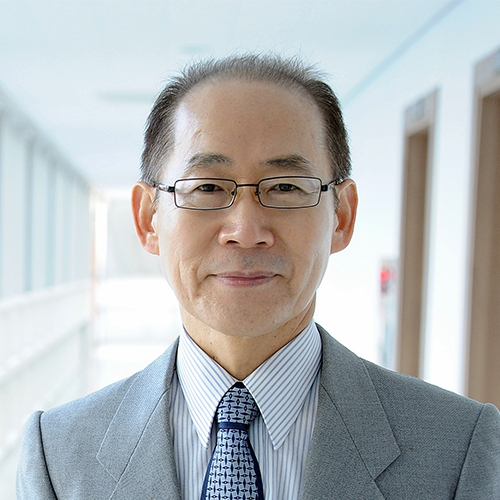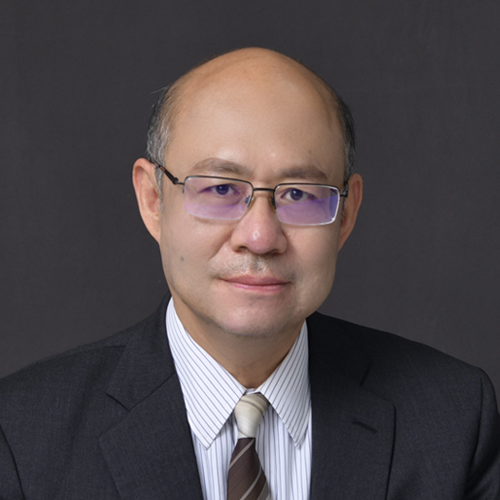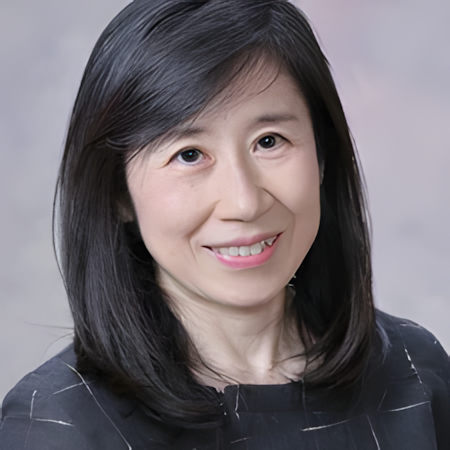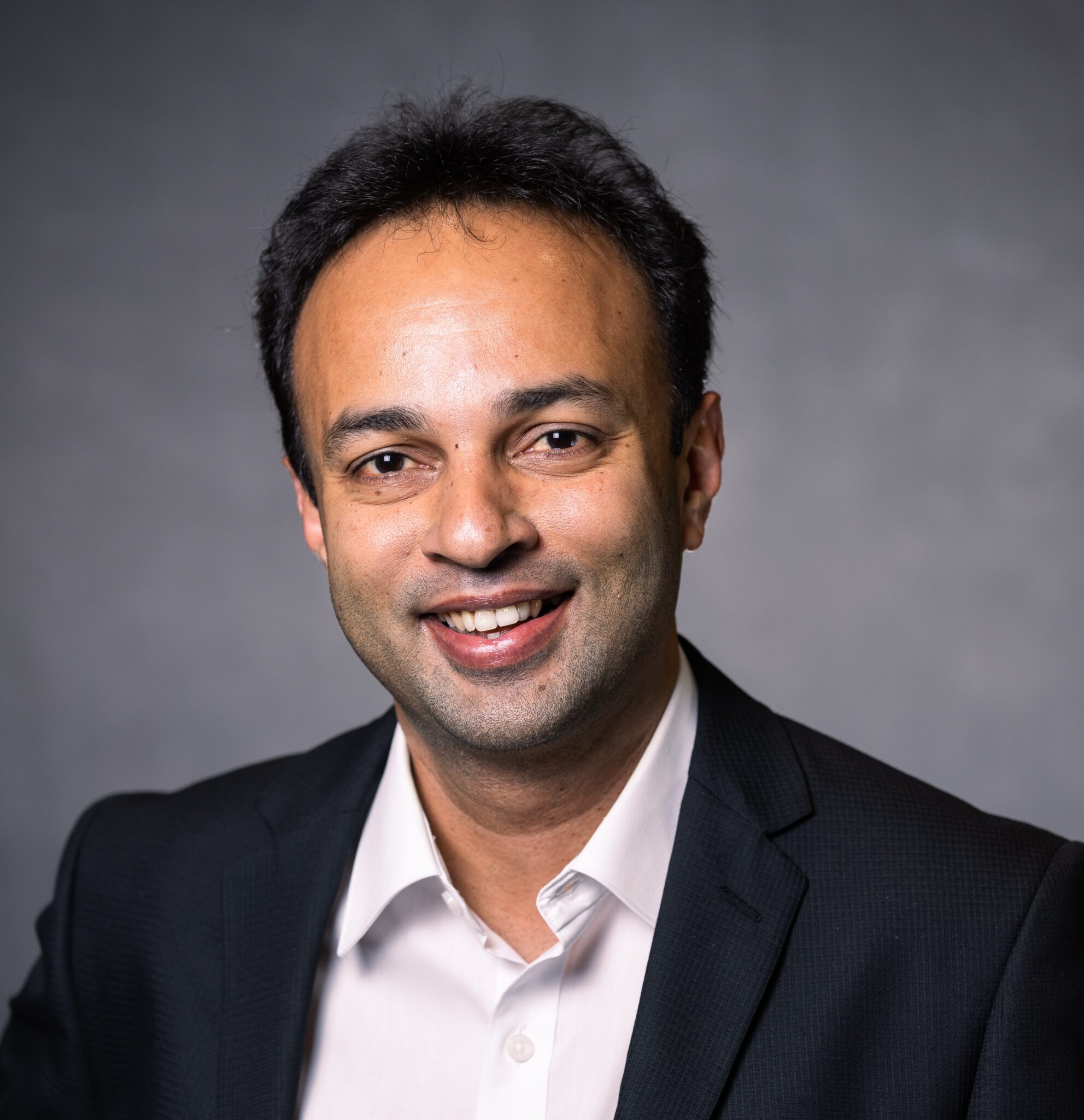Program


- Program

- Plenary Speakers




Dr. Hoesung Lee currently serves as the President of the Carbon Free Alliance based in Seoul, Korea, and as a Special Ambassador for Carbon Free Energy for the Republic of Korea. His work focuses on the economics of climate change, energy, and sustainable development. He chairs the Asian Development Bank President’s Advisory Board on Climate Change and Sustainable Development. He is also a member of the Board of Directors of the Korean Academy of Environmental Sciences.
He was the Chair of the Intergovernmental Panel on Climate Change (IPCC) 6th Assessment Cycle, elected in October 2015, and previously served as Vice-Chair of the IPCC from 2008 to 2015. His notable contributions include Co-Chairing the IPCC Working Group III for the Second Assessment, which provided the scientific foundation for the UNFCCC’s Kyoto Protocol. Earlier in his career, Dr. Lee was the founding president of the Korea Energy Economics Institute, a Distinguished Research Fellow at the Korea Environment Institute, senior adviser to the Ministers of Energy and Environment, and an economist at Exxon Company USA. He also served as president of the International Association for Energy Economics and the Korea Resources Economics Association, and held leadership roles on the boards of Hyundai Corporation, Battelle-Pacific Northwest National Lab, and the Institute for Global Environmental Strategies, Japan.
Dr. Lee’s career is marked by numerous awards and accolades. He was named to the TIME 100 Most Influential People in the World in 2019, received the 2020 Outstanding Contributions to the Profession Award from the International Association for Energy Economics, and was listed in the Bloomberg 50 in 2021. Most recently, he was honored with the 2024 Energy Economist of the Year Award by Energy Intelligence. Dr. Lee holds a B.A. from Seoul National University and a Ph.D. in Economics from Rutgers University, USA.

Dr. Tong ZHU is a Boya Chair Professor at College of Environmental Sciences and Engineering, the founding Director of the Institute of Tibetan Plateau, Peking University. He is elected as a Member of the Chinses Academy of Sciences, a member of the Chinese Academy of Medical Sciences, a Fellow of the World Academy of Sciences, and a Fellow of American Geophysical Union (AGU). He is appointed as a Counsellor of the State Council of the People’s Republic of China.
His research focuses on Atmospheric Chemistry and Environmental Health, and has published more than 500 peer reviewed papers. He has carried out extensive researches on the fundamental understanding in atmospheric chemistry, such as atmospheric gaseous and heterogeneous chemistry, air-surface exchange, transport of persistent organic pollutants, and health and climate effects of megacity/regional air pollution. He contributed greatly to science-based air pollution control, by identifying sources, revealing physical and chemical mechanisms, and assessing health impacts of atmospheric pollution. He led a team to formulated air pollution control measures which successfully ensured air quality for the 2008 Beijing Olympics. His findings have greatly supported China’s Air Pollution Prevention and Control Action Plan, which drastically improved air quality over the past decade in China. His research on the health effects of air pollution and climate change has promote the interdisciplinary research and education of environmental health in China.
He was the founding director of the Center for Environment and Health (2007-2022) and the former Dean (2012-2023) of the College of Environmental Sciences and Engineering, Peking University, and a Global Scholar of Princeton University (2012-2015). He served as a Co-Chair of the Scientific Steering Committee of the International Global Atmospheric Chemistry (IGAC, 2009-2012), vice president of international Committee for Atmospheric Chemistry and Global Pollution (iCACGP, 2018-2022), member of Board of Directors of AGU (2019-2022). Currently he is the chair of the Scientific Steering Committee of Future Earth-Monsoon Asia Integrated Research for Sustainable Development (FE-MAIRS).

Dr. Ayako Abe-Ouchi is a Professor at the Atmosphere and Ocean Research Institute, The University of Tokyo, and a leading expert in paleoclimate modeling, ice sheet dynamics, and Antarctic climate systems. Her research focuses on understanding the interactions between climate and ice sheets, particularly on orbital and millennial timescales, as well as external forcings such as greenhouse gases and Earth’s orbital changes.
She studied global climate and ice sheet dynamics. Her career-defining contributions include solving the “100-kyr problem” by demonstrating how internal feedbacks explain the 100,000-year periodicity of glacial cycles. She has also advanced the understanding of Dansgaard-Oeschger oscillations and their connections to background climate, leading innovative approaches in paleoclimate research. A recognized leader in her field, Dr. Abe-Ouchi has held influential roles with the IPCC, contributing to the Third Assessment Report, leading authorship of the Fifth Assessment Report, and serving as a review editor for the Special Report on the Ocean and Cryosphere in a Changing Climate. She has been instrumental in major model intercomparison projects such as the Paleoclimate Model Intercomparison Project (PMIP) and the Ice Sheet Model Intercomparison Project (ISMIP).
For her groundbreaking research, leadership in global scientific collaborations, and contributions to climate science, Dr. Abe-Ouchi was awarded the 2021 Milankovic Medal. She received the B.Sc. and M.Sc. degrees in geophysics from The University of Tokyo, and the Ph.D. degree from the Swiss Federal Institute of Technology (ETH), Zurich, Switzerland, in 1993.

Dr. Roxy Mathew Koll is a Climate Scientist at the Indian Institute of Tropical Meteorology and a leading expert on ocean-atmosphere interactions, climate dynamics, and extreme weather events in the Indo-Pacific region. His research focuses on advancing the understanding of monsoon variability, floods, droughts, heatwaves, and cyclones to improve the region's food, water, and economic security.
Koll has made breakthrough contributions to the research, monitoring, and modeling of climate and extreme weather events over the Indo-Pacific region. His work has advanced the scientific understanding of monsoon floods and droughts, terrestrial and marine heatwaves, and cyclones—facilitating the food, water, and economic security of the region. He is a Lead Author of the IPCC Reports and the former Chair of the Indian Ocean Region Panel. He actively collaborates with citizen science networks, local governments, and media to bring science to society.
His remarkable achievements have earned him numerous accolades, including the Rashtriya Vigyan Puraskar (National Science Award) in 2024, the highest recognition in science, technology, and innovation in India, awarded by the President of India. He is a Fellow of the American Geophysical Union (AGU) and recipient of the AGU Devendra Lal Medal in 2022 for outstanding research in Earth and Space Sciences. Dr. Koll was named among the top 2% of scientists globally by Stanford University, and his work has been recognized with the Kavli Fellowship (2015) and NRC Senior Research Fellowship (2018) from the U.S. National Academy of Sciences. Additionally, the Indian Meteorological Society honored him with the Young Scientist Award in 2016 for his research on monsoon changes. He holds a B.S. in Physics from CMS College, Kottayam, a M.S. in Physical Oceanography from Cochin University of Science and Technology, and a Doctor of Philosophy in Ocean and Atmospheric Dynamics from Hokkaido University in 2007.